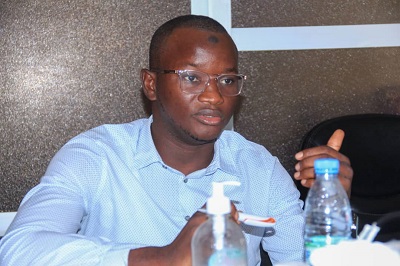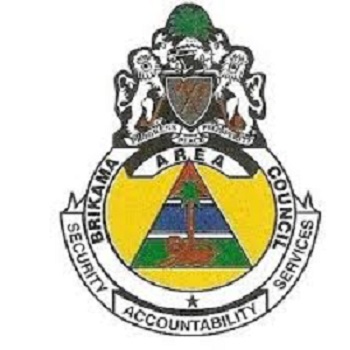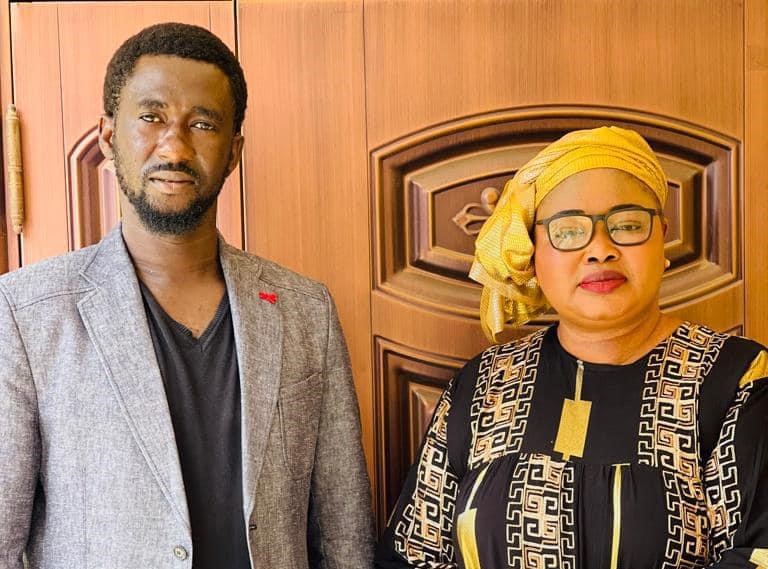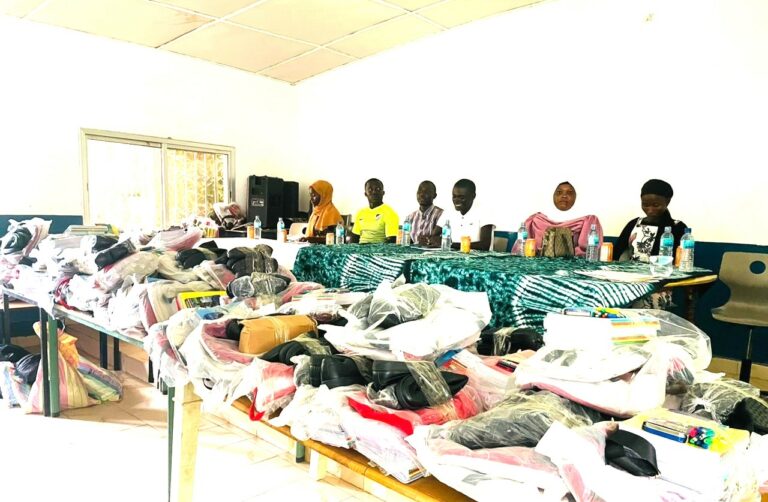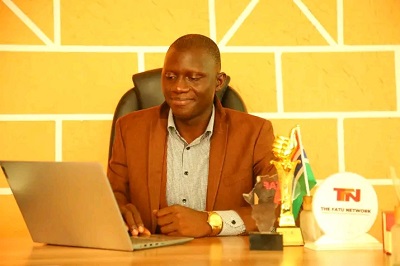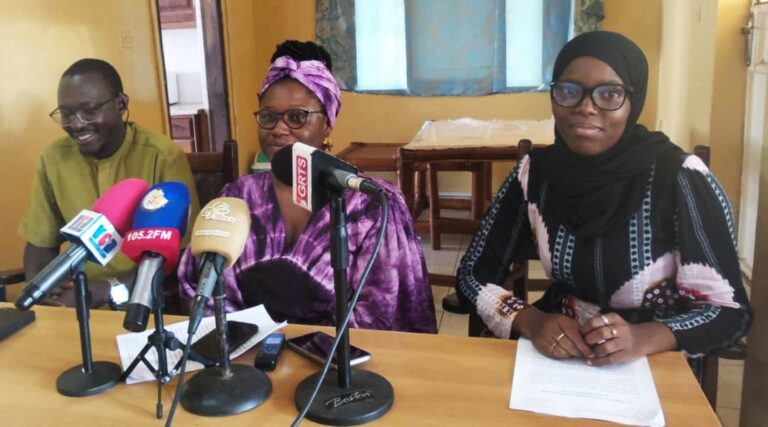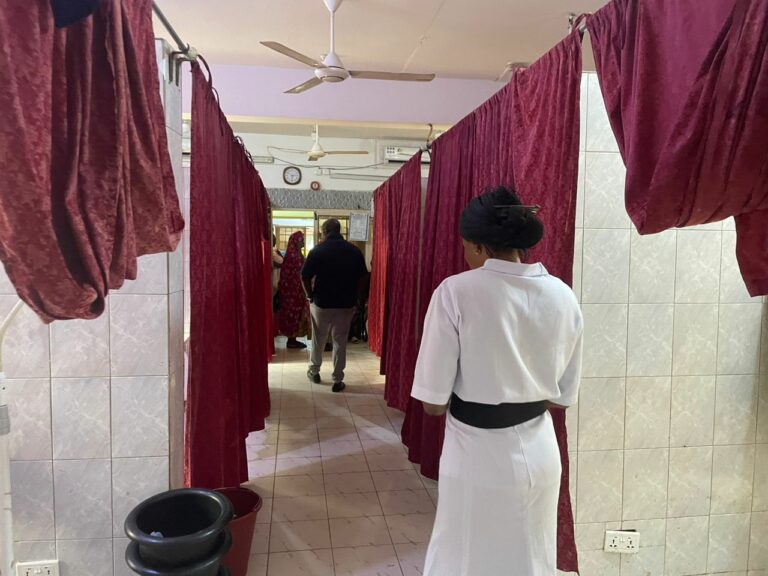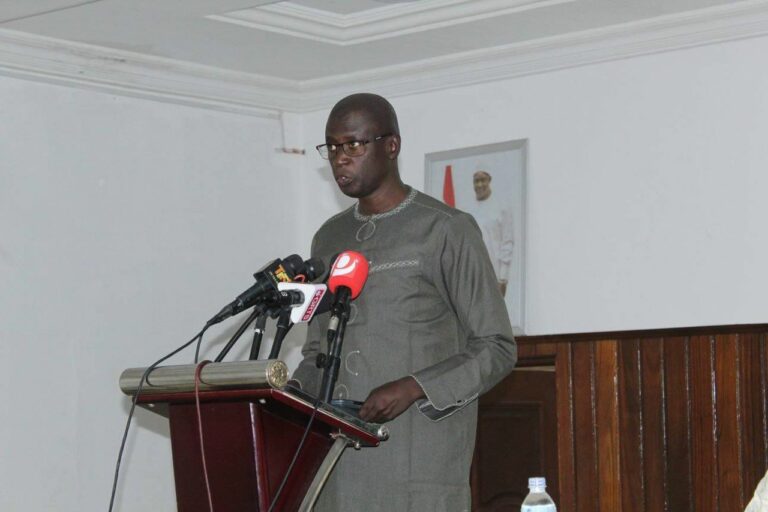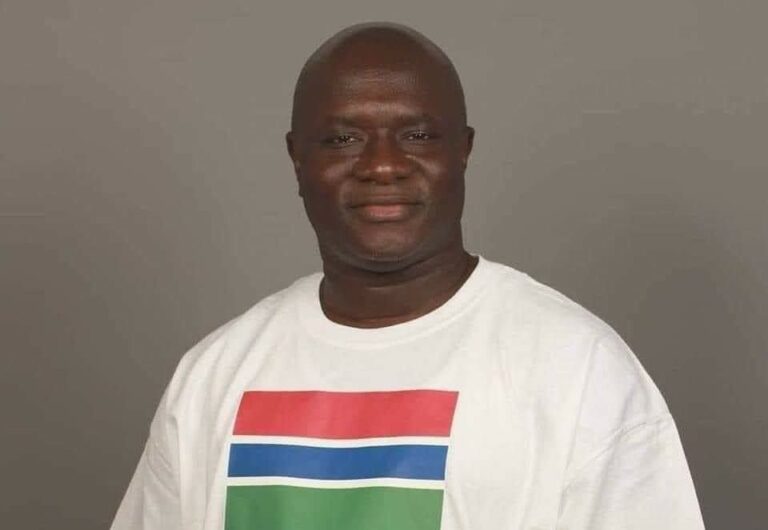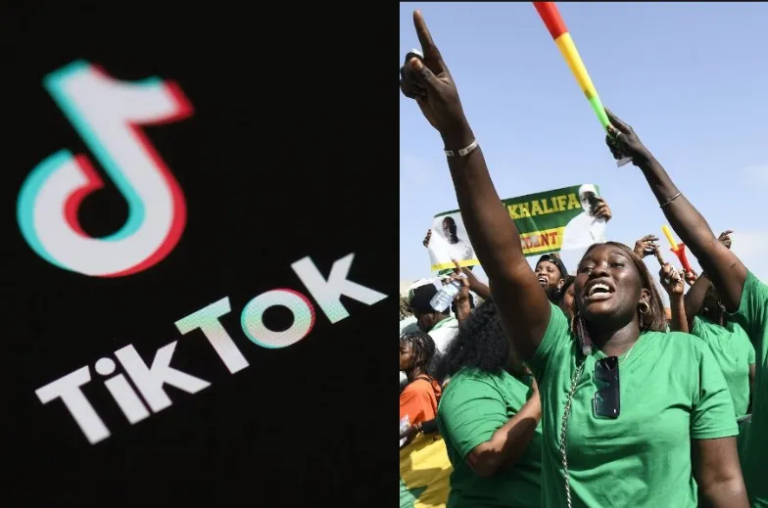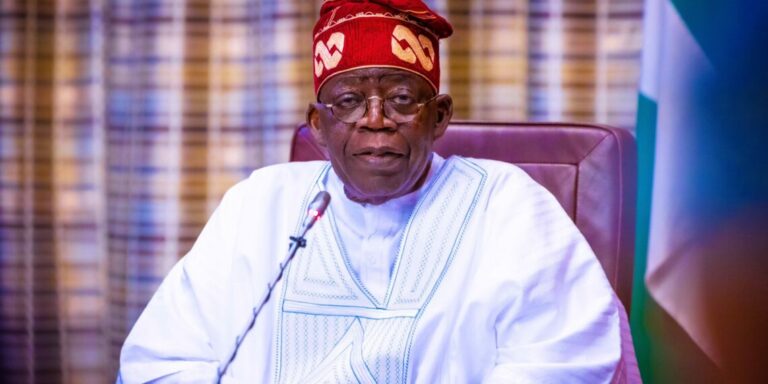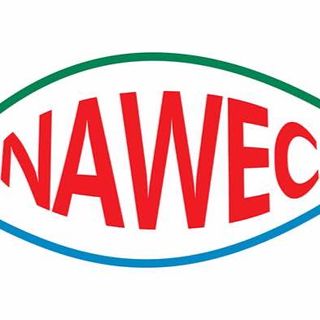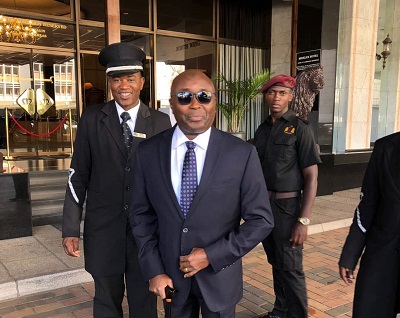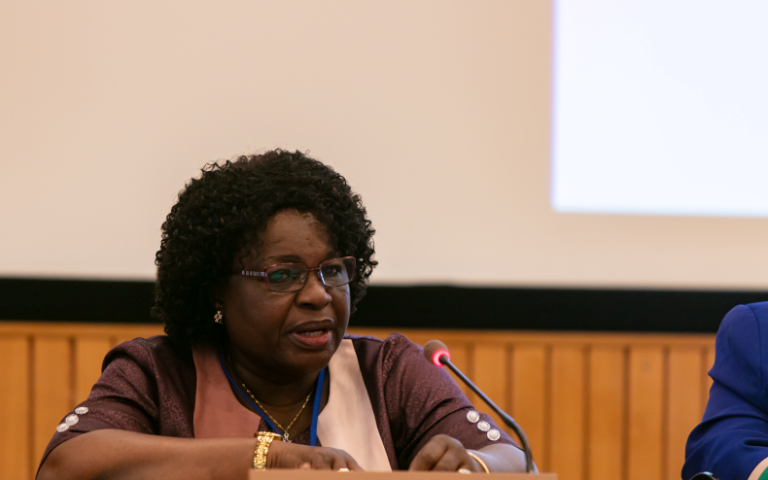By: Dawda Baldeh
Delving deeply into the challenges and success stories of Kanifing General Hospital, the second-largest and busiest hospital in the Greater Banjul Area, The Fatu Network focuses on the testimonies of women who experienced childbirth there and the hospital’s challenges and successes.
Over the years, a significant number of maternal deaths in The Gambia have been attributed to the lack of basic healthcare facilities. In the midst of the debate over whether it is due to medical negligence or other underlying issues, childbirth in The Gambia has become a source of anxiety for women.
Some blame health workers for negligence, while others argue that insufficient resources and the presence of unqualified staff play a role. Nurses also raise concerns about the dissemination of inaccurate stories about maternal deaths, which can further agitate the public.
Moving on to the testimonials shared by women who gave birth at this hospital, one can observe the joyful ambiance in the maternity ward as new mothers admire their newborn babies.
Testimonials of women after giving birth:
Nuimi Sanyang, a resident of Talinding, expressed her gratitude towards the health workers who assisted her despite complications during childbirth. Contrary to negative claims about the hospital staff, she emphasized the need for facility improvement to ensure professional healthcare provision.
Aminata Barry also shared her positive experience with the hospital, mentioning the support and dedication of workers. Echoing similar sentiments, Fatoumata Demba, a resident of Kombo Wellingara, praised the efforts of the doctors and beseeched Allah to reward them for their support. “I thought I would have died because when I came here my situation was very complicated, but thanks to the doctors’ endless help,” she said.
Boido Jawo, unfortunately, experienced the loss of her fifth child, a son, but acknowledged the doctors’ determination to help her regain her strength. “I was admitted to Jammeh Foundation where I delivered and lost my fifth child. But when they referred me here (Kanifing Hospital) they helped me a lot,” Jawo testified.
Adama Jabbi, a resident of Njaba Kunda, highlighted the professionalism of the healthcare staff at the hospital and expressed gratitude for their assistance.
Success Stories of the Hospital:
The labor room, located at the center of the hospital, is where women of various backgrounds give birth. Data from April to June 2023 indicates a significant increase in the number of births during the second quarter. This information, obtained through this media, reveals a total of 1,183 registered births during this period, with only two lives lost in the process of childbirth according to the data.
Specifically, 336 occurred in April, 281 in May, and 313 in June. The data shows 253 were delivered through operations. The data further revealed a total number of 37 inductions in the second quarter of 2023, of which 21 are females and 16 males between April and June.
The data further indicated a total of 25 vacuums, of which five are males and 20 females. According to the data, over 138 abortions were recorded between April and June, specifically 43 in April and 95 in June of 2023. It added a total of 33 breech in the second quarter, of which 19 are females and 14 males.
The Fatu Network was granted exclusive access to the maternal ward, where the sounds of women in immense pain and the cries of newborn babies reverberate throughout the facility. As we walked through the busy labor area, filled with women enduring the pains of childbirth, the distant cries of newborns could be heard.
The experience of labor serves as a testimony to the invaluable sacrifice mothers make, which cannot be compared or compensated for by their children. According to hospital authorities, September is the busiest month, with the highest number of deliveries taking place in The Gambia.
Dr. Harris, an Obstetrician Gynecologist, dedicates valuable time to assisting women in labor at Kanifing General Hospital. Despite the criticism the hospital faces daily, Dr. Harris finds inner fulfillment in supporting pregnant women. He explained how overwhelming it can be to handle 27 vaginal deliveries in one day, within a 24-hour timeframe, emphasizing the need for more labor beds.
The hospital’s second-quarter data, which we had the privilege to see, suggests significant progress amidst the constant criticism. Dr. Harris expresses excitement when his efforts lead to saving women’s and babies’ lives. He acknowledges the challenge of having a limited number of healthcare personnel attending to a large number of pregnant women.
Challenges:
“We have limited personnel attending to the demands of women in the maternity ward daily. If ten women are in labor with only two midwives assisted by a few nurses, it means one midwife will be attending to five women at the same time, which is hectic,” Dr. Harris narrated.
The emotional and physical demands of their job require them to go above and beyond, even if it means operating on pregnant women throughout the entire night. While Dr. Harris accepts constructive criticism, he urges people to also acknowledge the numerous positive outcomes that outweigh the negative ones, which draw more attention. “Witnessing complications during childbirth saddens our team and motivates us to continually enhance our healthcare services,” Dr. Harris told The Fatu Network. He added; “What brings us joy is seeing women leave the hospital with their newborns, radiating happiness.”
He emphasizes the need to prioritize preventive measures and strengthen primary healthcare services. “What concerned me more is how we can strengthen the healthcare services to create more preventive measures, which are cheaper and easier for all,” he added. To achieve this, he advocates for frequent health education as a means for women to better manage their health. “Women need more health education so that they can prevent themselves from the constant immense pain of pregnancy and childbirth,” he said.
He also encourages the Gambian community to support the hospital in any way they can. “Thanks to generous contributions, the labor ward has received renovations, including new delivery beds and air conditioners, ensuring women’s comfort during labor, from different individuals,” he revealed. He added, “Even small contributions or non-monetary support are invaluable.”
Jariatou Drammeh, the Principal Nursing Officer and Matron of Kanifing General Hospital, confirmed its status as the second largest and busiest hospital in the Greater Banjul Area, constantly handling deliveries. She emphasized that the scarcity of blood often goes beyond the control of nurses and doctors, which many families failed to understand. Late bookings for antenatal services and poor nutrition of women before and during pregnancy are often problems beyond the scope of healthcare professionals, according to Ms. Drammeh.
She stressed the importance of pregnant women being accompanied by their partners, as it provides emotional support and a sense of security. “Complications experienced by many pregnant women often originate from improper care at home,” she said.
Ms. Drammeh also expressed concern about the lack of preparedness among pregnant women, which results in healthcare professionals voluntarily providing for them and their newborns. “Husbands often abandon their wives before or after childbirth, leaving many women without any support,” she lamented.




